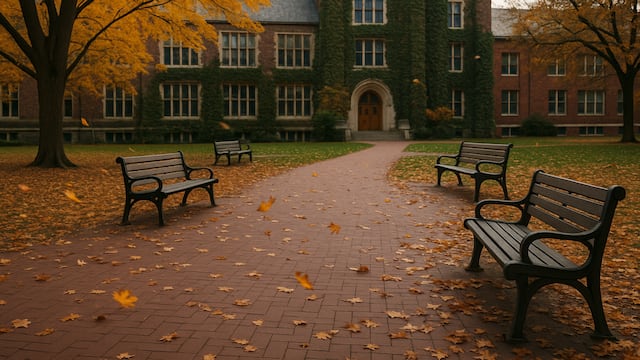Once a golden ticket to success, a degree is now seen by many as optional, and often not worth the price tag.

The prestige of U.S. universities is fading: Why Americans are turning away from college

The American college dream appears to be losing its shine. According to new Gallup data, only about a third of adults now believe higher education is “very important,” a sharp decline from the 75% who felt that way just fifteen years ago. Another 40% call it “fairly important,” while nearly one in four say it’s “not too important.” This is a record high in the poll’s decades-long history.
The drop is steep across every demographic. Young adults led the initial slide between 2013 and 2019, but the most recent plunge has come from older Americans. Women, college graduates and Democrats remain the most likely to defend higher education’s value, yet even among these groups, fewer than half now describe it as vital. Among Republicans, opinion has soured so much that just 20% rate college as very important, while nearly twice as many say it’s “not too important.”
UNITED STATES: The share of Americans who say college education is 'very important' has fallen from 75% in 2010, down to 35% in 2025, according to Gallup research. pic.twitter.com/Z7yvdr976x
— The Spectator Index (@spectatorindex) October 5, 2025
Why Americans are rethinking the degree path
Rising tuition, student debt, and doubts about the job market have driven many to question whether a degree is still a good investment. A growing appreciation for trade schools, the rise of online learning and microcredentials, and the AI-driven transformation of the labour market are also reshaping public attitudes.
Increasingly, Americans are turning to alternative education routes that promise faster, cheaper, and more practical outcomes.
A bipartisan turning point on education
This isn’t just about politics. While conservatives have long accused universities of ideological bias, the Gallup findings suggest something broader: a cultural shift in how Americans define opportunity. Even Democrats who once defended the traditional four-year route are now more likely to describe it as merely “fairly important.”
Curiously, at the same time, nearly 60% of parents still hope their children will attend college, a sign that nostalgia for the old ideal endures, even as faith in its power fades.
Related stories
Get your game on! Whether you’re into NFL touchdowns, NBA buzzer-beaters, world-class soccer goals, or MLB home runs, our app has it all.
Dive into live coverage, expert insights, breaking news, exclusive videos, and more – plus, stay updated on the latest in current affairs and entertainment. Download now for all-access coverage, right at your fingertips – anytime, anywhere.
Complete your personal details to comment